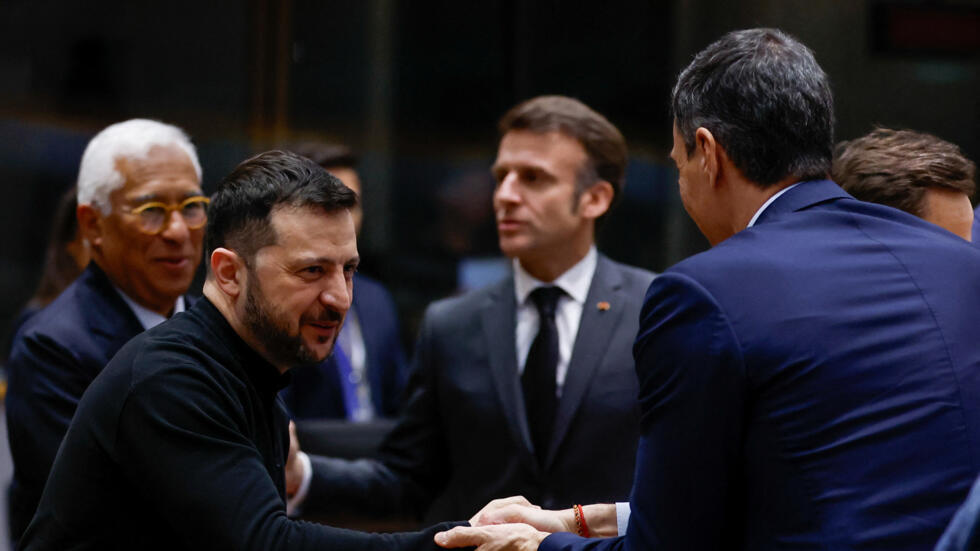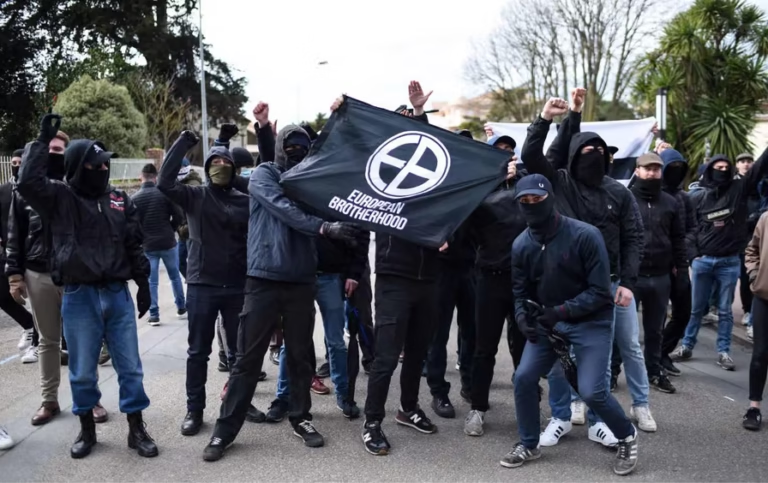European Union leaders convened in Brussels on March 20, 2025, to address pressing issues including the ongoing conflict in Ukraine, bolstering defense capabilities, and enhancing economic competitiveness. The summit’s comprehensive agenda reflects the EU’s commitment to navigating complex geopolitical and economic challenges.
Ukraine Conflict and Ceasefire Negotiations

(Ukraine President and other EU Leaders meet in Brussels to discuss defense and ceasefire)
A focal point of the summit was the situation in Ukraine. President Volodymyr Zelenskyy addressed the 27 EU leaders via video conference, providing insights into recent developments and the status of ceasefire negotiations. These discussions have been significantly influenced by U.S. President Donald Trump’s diplomatic efforts to mediate an end to the conflict. Notably, Ukraine agreed to a U.S.-proposed 30-day ceasefire, contingent upon Russia’s acceptance. This proposal led to the U.S. lifting its suspension of military aid and intelligence sharing with Ukraine, signaling a potential de-escalation.
However, Russian President Vladimir Putin expressed reservations, suggesting that a ceasefire might allow Ukraine to regroup militarily. He emphasized that Ukrainian forces in the Kursk region must either surrender or face continued military action.
According to NPR Subsequent discussions between Presidents Trump and Putin resulted in Russia agreeing to halt attacks on energy infrastructure for 30 days but rejecting a broader ceasefire unless foreign military aid to Ukraine ceased.
Strengthening EU Defense Capabilities
In light of the ongoing conflict and evolving global threats, EU leaders underscored the necessity of enhancing the bloc’s defense capabilities. Discussions centered on increasing defense spending, pooling resources for joint defense projects, and investing in European arms manufacturing. The European Council highlighted priority areas for action, including air and missile defense systems, artillery enhancements, drone technologies, and cyber defense mechanisms.
The summit also addressed the importance of simplifying legal and administrative frameworks to facilitate rapid scaling of defense industries, particularly supporting small and medium-sized enterprises (SMEs) within the sector. This initiative aims to ensure that the EU can autonomously address immediate and future security challenges.
Enhancing Economic Competitiveness

(Donald Trump and Vladimir Putin on a meeting)
Beyond defense, the summit focused on strategies to bolster the EU’s economic competitiveness. Leaders deliberated on reducing bureaucratic hurdles, securing energy supplies, achieving climate neutrality, and promoting investments in the real economy. These measures are designed to strengthen the EU’s position in the global market and ensure sustainable economic growth.
The discussions also revisited long-standing plans for a capital markets union, aiming to centralize financial supervision and integrate financial markets across member states. This move is anticipated to enhance the EU’s financial stability and attract global investors.
Addressing Migration and Global Challenges
The summit’s agenda extended to the management of irregular migration, with leaders exploring comprehensive approaches to address the root causes of migration and ensure humane treatment of migrants. Additionally, the EU reaffirmed its commitment to supporting Ukraine’s sovereignty and independence, urging Russia to cease its military actions and engage in genuine peace negotiations.
In conclusion, the Brussels summit highlighted the EU’s proactive stance in addressing multifaceted challenges, from geopolitical conflicts and defense preparedness to economic resilience and migration management. The outcomes of these discussions are poised to shape the EU’s strategic direction in the coming years.


